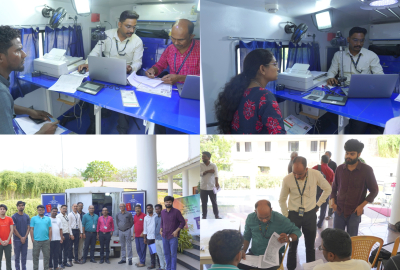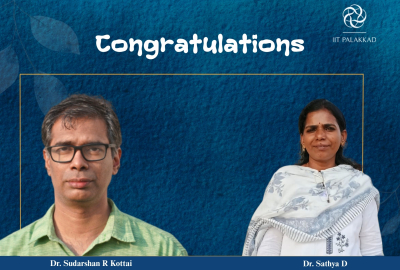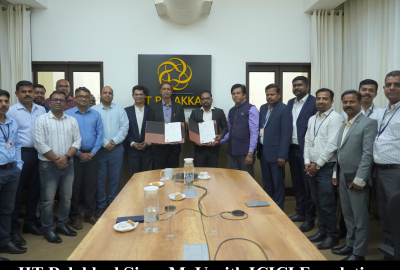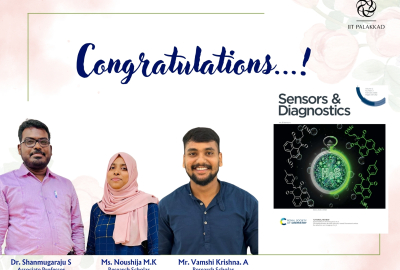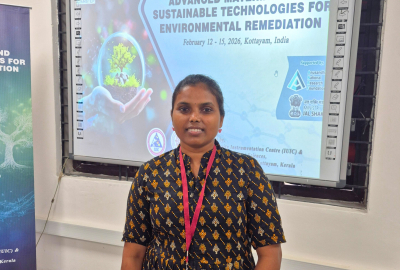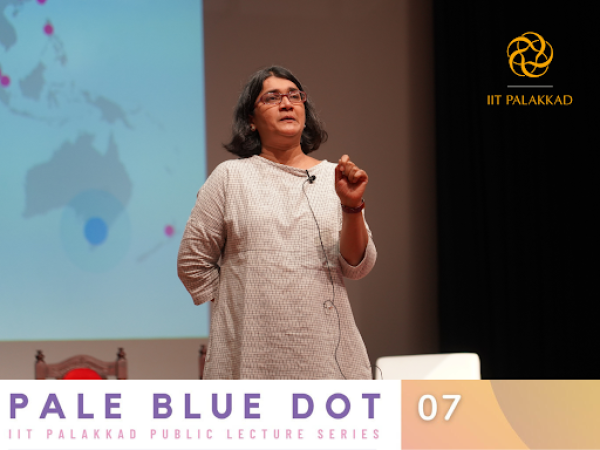
IIT Palakkad Hosts Pale Blue Dot Lecture on Public Engagement and History of Science
The Indian Institute of Technology (IIT) Palakkad welcomed Dr. Jahnavi Phalkey, Founding Director of Science Gallery Bengaluru and a distinguished historian of Science and Technology, for the seventh installment of the Pale Blue Dot - IIT Palakkad Public Lecture Series on 18 March 2024. This enlightening talk, themed "Public Engagement and the History of Science," was organized in collaboration with the IEEE Student Branch at Government Engineering College Palakkad and the Palakkad District Public Library.
During the lecture, Dr. Phalkey emphasized the importance of public engagement in academic institutions, drawing from her experience in establishing the Science Gallery in Bengaluru. Positioned as a platform intersecting science, culture, and experimentation, Science Gallery Bengaluru offers free access to knowledge resources in both English and Kannada.
Dr. Phalkey shed light on the lack of public engagement budgets or mandates in most Indian universities, despite being funded by taxpayers. She underscored the necessity of making university-generated knowledge accessible to the public domain and also advocated for mandates, budget allocations, and institutional commitments to facilitate this process. Dr. Phalkey walked the audience through the history of museums and explored their evolution from cabinets of curiosities, owned by aristocrats or kings filled with eclectic collections from around the world that made sense of the physical world around us. She stressed the integral role of museums in bridging the gap between scientific inquiry and public understanding, emphasizing their historical association with both artistic and scientific pursuits.
Dr. Phalkey shared inspiring anecdotes, including the story of Dr. CV Raman, an accountant-turned-Nobel laureate in Science, and her insights from hosting exhibitions such as ELEMENTS, SUBMERGE, CONTAGION, etc. She concluded by advocating for interdisciplinary collaboration as a means to foster new perspectives and combat intellectual stagnation. “ If we don't have conversations, our imagination shrinks. Nature of knowledge we end up producing would be less interesting than otherwise it would be” added her.

